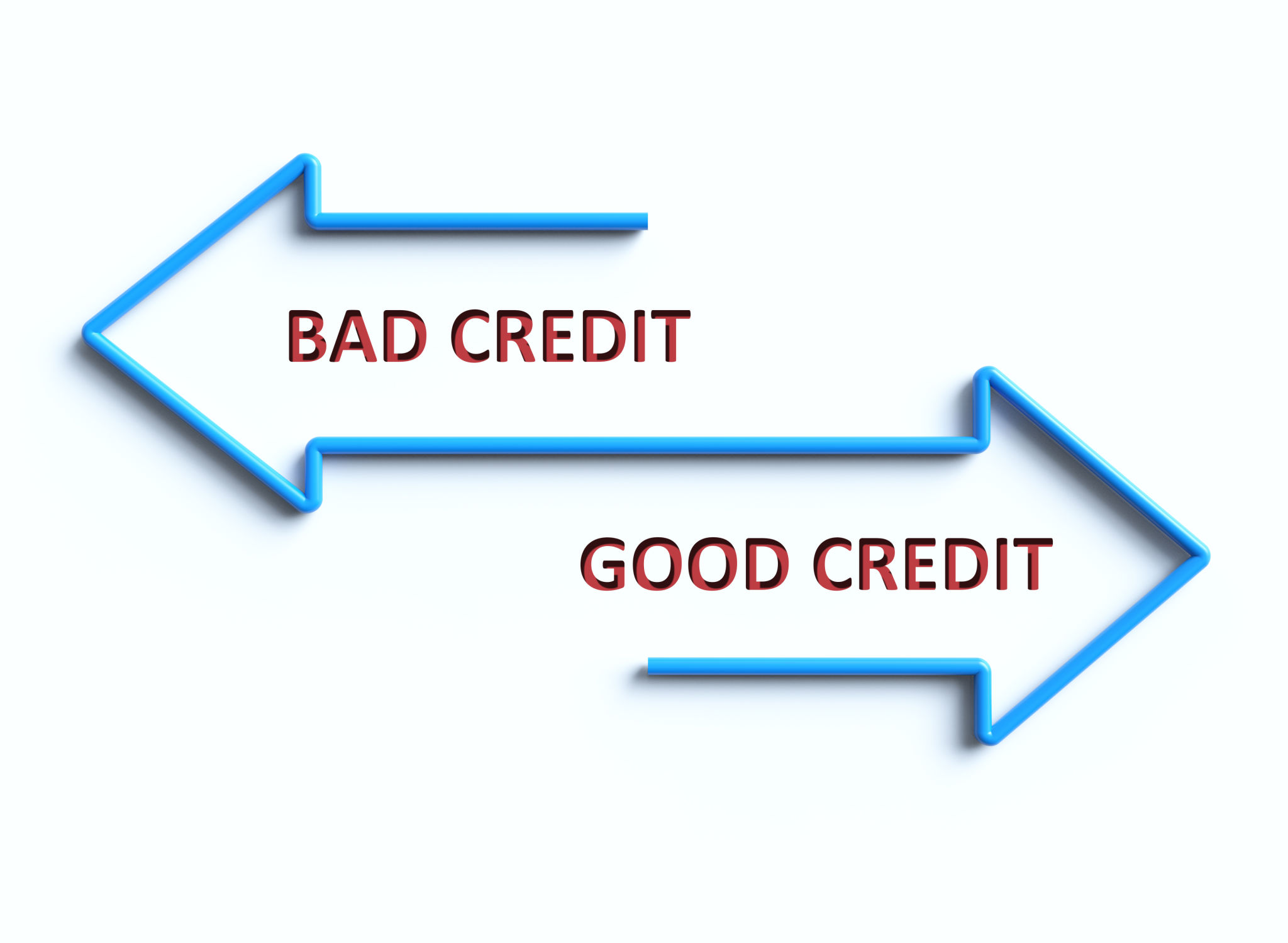How to Choose the Right Line of Credit for Your Business Needs
Understanding Business Lines of Credit
When it comes to financing your business, a line of credit can be a versatile and valuable tool. Unlike a traditional loan, a line of credit provides you with access to funds up to a certain limit, allowing you to borrow only what you need when you need it. This flexibility makes it an excellent option for managing cash flow, covering unexpected expenses, or taking advantage of new opportunities.
Before choosing a line of credit, it is crucial to understand how they work and what options are available to find the best fit for your business needs. By doing so, you can ensure that your business has the financial backing it requires without overextending your resources.

Types of Business Lines of Credit
There are several types of business lines of credit to consider. The most common are secured and unsecured lines. A secured line of credit requires collateral, such as inventory or accounts receivable, which can provide lower interest rates but involves more risk if you're unable to repay. On the other hand, an unsecured line of credit does not require collateral, though it may come with higher interest rates.
Another option is a revolving line of credit, which allows you to borrow, repay, and borrow again up to your credit limit. This can be particularly useful for businesses with fluctuating cash flow needs. Alternatively, a non-revolving line of credit does not replenish after repayment and is often used for specific projects or purchases.

Evaluating Your Business Needs
To choose the right line of credit, start by evaluating your business's financial situation and needs. Consider factors such as your cash flow patterns, the purpose of the credit, and how quickly you anticipate needing funds. Additionally, assess your ability to provide collateral if considering a secured line of credit.
Think about your business's future growth and potential financial challenges. A line of credit should not only meet your current needs but also provide flexibility for unforeseen circumstances. Understanding these aspects will help you make an informed decision.
Comparing Lenders and Terms
Once you have a clear understanding of your needs, it's time to compare lenders and their offerings. Key factors to consider include interest rates, fees, and repayment terms. Some lenders may offer introductory rates or other incentives that could benefit your business in the short term.
It's also important to review the lender's reputation and customer service record. A lender that understands your business and offers excellent support can be as valuable as the financial product itself. Take the time to read reviews or seek recommendations from other business owners.

Application Process and Requirements
The application process for a business line of credit can vary by lender, but generally involves providing financial documentation such as tax returns, bank statements, and financial projections. Your personal and business credit scores will likely play a role in the approval process, so it's beneficial to know your scores beforehand.
Prepare thoroughly before applying by ensuring all required documentation is accurate and complete. This preparation can speed up the application process and improve your chances of approval. Additionally, having a strong business plan can demonstrate your ability to manage credit responsibly.
Making the Final Decision
After evaluating your options and understanding the terms, you're ready to make the final decision on which line of credit best suits your business needs. Remember that the right choice will provide flexibility, manageable costs, and peace of mind as you navigate your business's financial landscape.
Once you've secured a line of credit, use it wisely by borrowing only what you need and maintaining regular payments. This responsible use will help maintain your creditworthiness and ensure that your line of credit remains a beneficial tool for your business's growth and stability.
